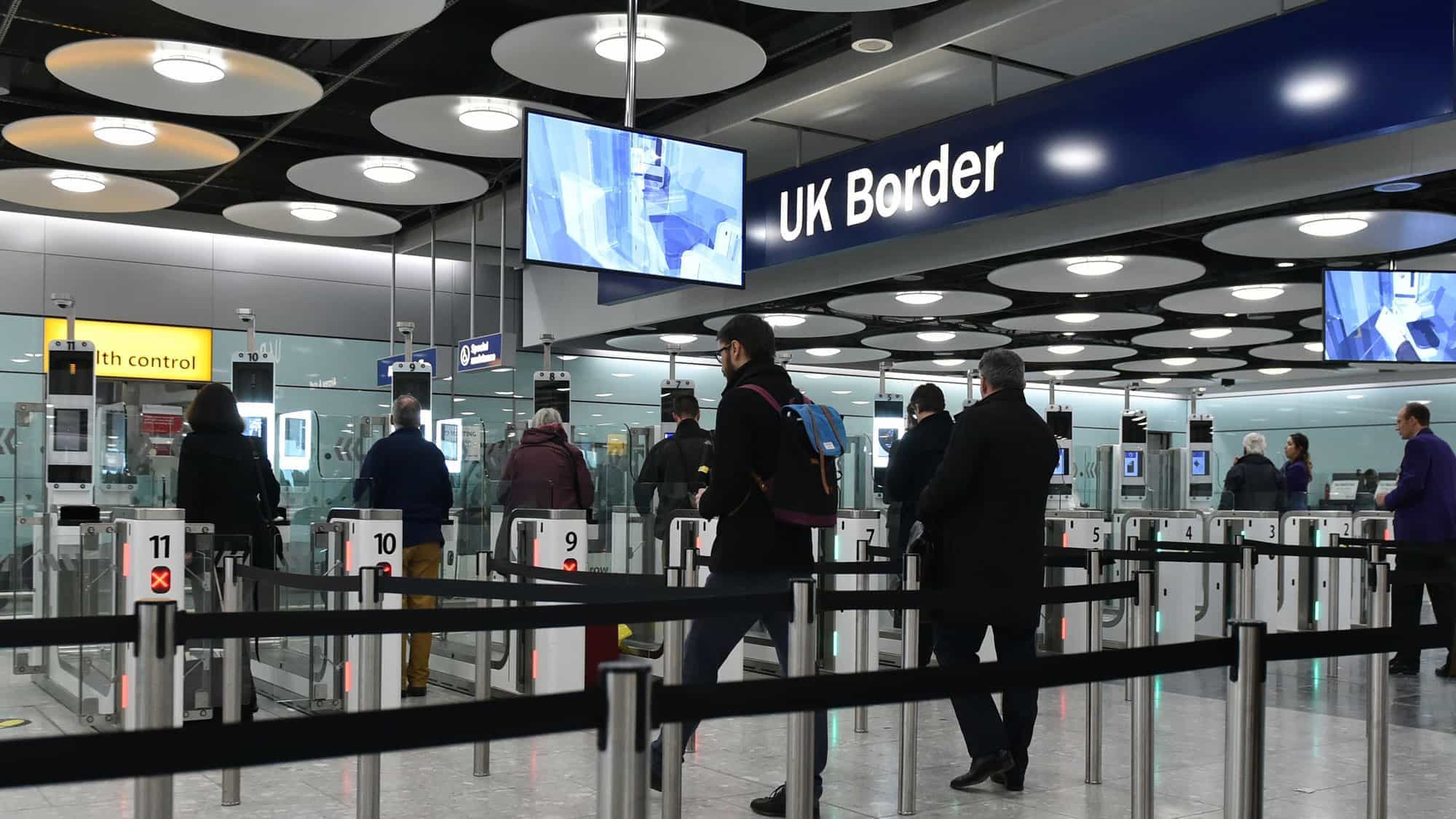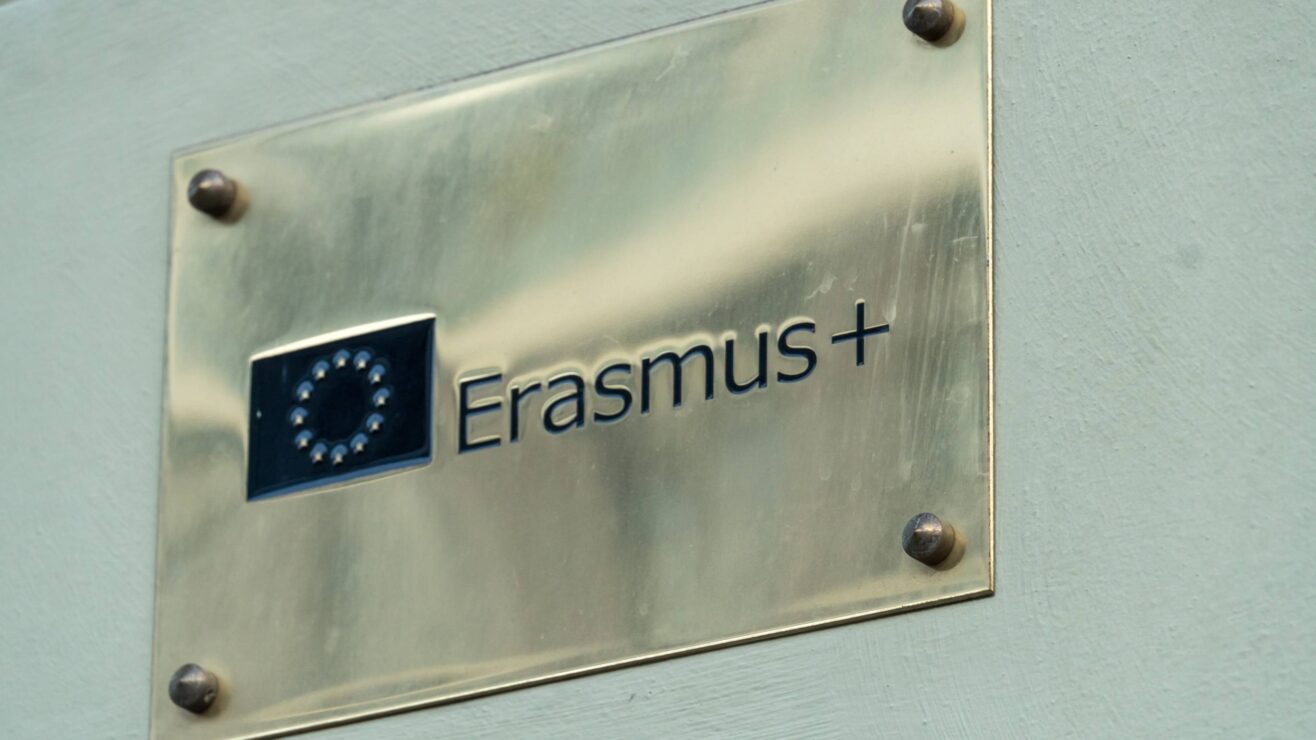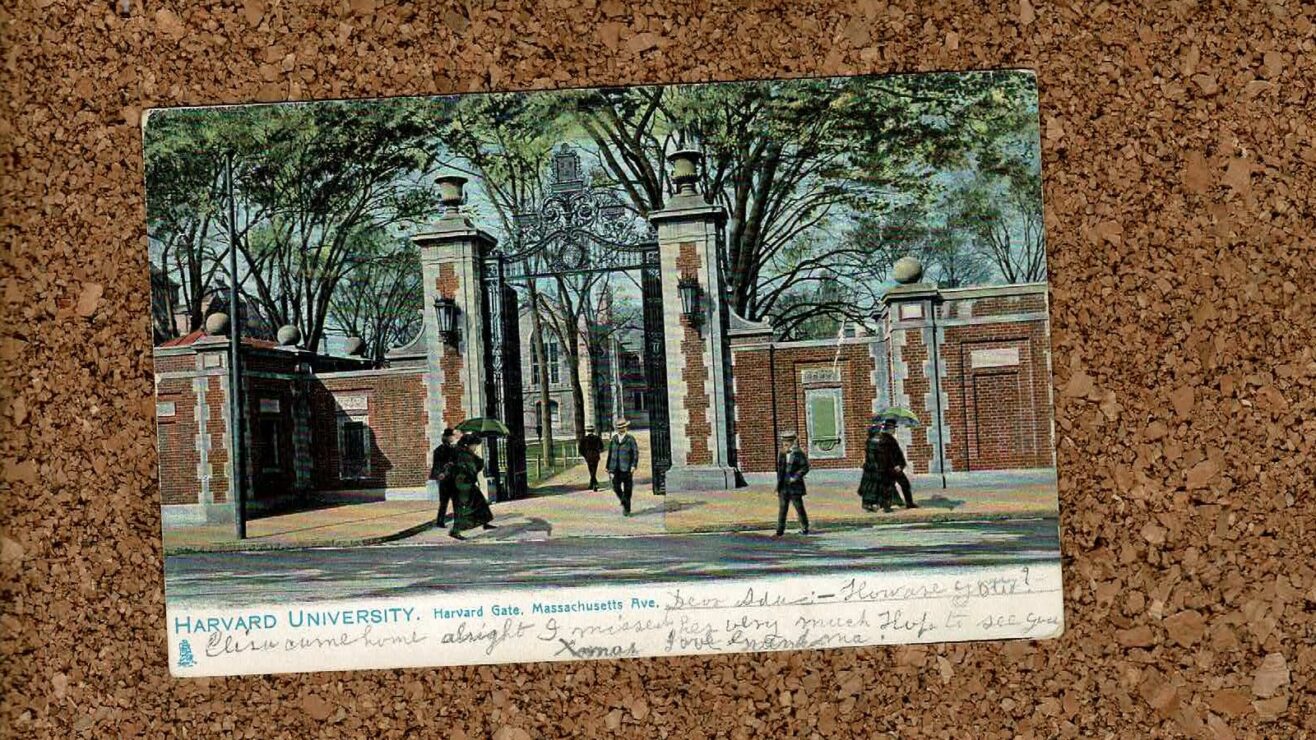More than just sabre-rattling?
The BBC reports on a warning from the Universities Minister concerning fee setting plans. Speaking at the Dearing Conference at the University of Nottingham on 17 February he warned that, because the government had assumed that the average fee would be £7,500, if most universities charged higher than this the additional cost of student finance would have to be met from elsewhere in the HE budget. Thus, higher fees will result in more cuts:
David Willetts has warned that there will be more cuts to higher education if too many universities opt to charge maximum tuition fees. The government wants most universities to pitch their fees lower – because it faces costs from supporting students’ loans. The universities minister said savings would “reluctantly” have to be found.
The government has said it wants the top fee to be charged only in “exceptional circumstances” but as independent bodies, universities are free to charge fees they want. Imperial College, London has become the first to opt to charge the top rate and Oxford and Cambridge appear to be moving that way.
The government says if too many universities charge higher fees, the costs to it will be too high.
The key point here is the independence of universities. Without further legislation on fees the government is not able to dictate what universities will charge. So, the exhortations to pitch low and the assertion that £9,000 will be exceptional represent helpful advice from the Minister but it will be up to universities to decide. And, if we have the Vice-Chancellor of the University of Central Lancashire, as reported in The Times (£), saying that his institution probably needs to charge around £8,000 in order to survive, then we will soon see whether this means that even more cuts will be on the way for higher education or if this was just sabre-rattling.

 David Willetts has warned that there will be more cuts to higher education if too many universities opt to charge maximum tuition fees. The government wants most universities to pitch their fees lower – because it faces costs from supporting students’ loans. The universities minister said savings would “reluctantly” have to be found.
David Willetts has warned that there will be more cuts to higher education if too many universities opt to charge maximum tuition fees. The government wants most universities to pitch their fees lower – because it faces costs from supporting students’ loans. The universities minister said savings would “reluctantly” have to be found.









